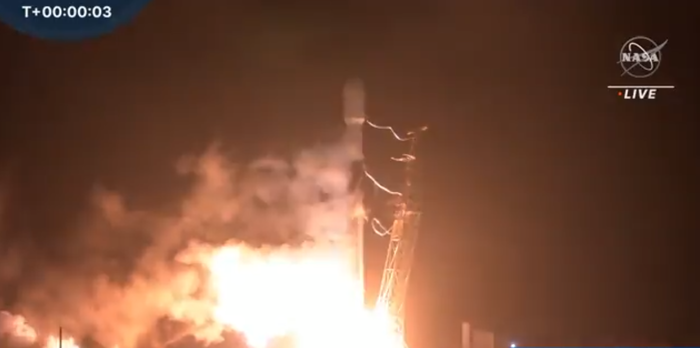Match Dart, the first mission to attempt to deflect an asteroid. It was launched at 7:20 am from the Vandenberg base in California aboard a Falcon 9 rocket and will now begin its long journey of over 10 million kilometers, in 11 months, to hit and deflect a 170-meter asteroid. diameter. Dart (Double Asteroid Redirection Test) will be a test bed to evaluate our ability to deflect a potentially dangerous asteroid. Italy is also on board with LiciaCube, a 'photojournalist' microsatellite that will have to film the impact to evaluate its success.
In 11 months, Dart will impact at 21,000 kilometers per hour with an asteroid 170 meters in diameter to try to modify its trajectory. "With Dart for the first time we will really be able to evaluate our ability to change the orbit of a potentially dangerous asteroid", commented Giorgio Saccoccia, president of the Italian Space Agency (ASI).
There are countless times in which cinema and literature have ventured into the story of comets or asteroids on a collision course with the Earth, proposing more or less realistic solutions to save the planet and now, for the first time, those ideas can be translated into reality' . Although remote, the danger of impact with large celestial bodies really exists and for this reason various space agencies are developing the first planetary defense projects with only one goal: to avoid letting us end up like dinosaurs.
NASA's Dart is the first of two missions of the Aida program (Asteroid Impact and Deflection Assessment), the second will be Hera of the European Space Agency (ESA) with NASA, to field test the possibility of deflecting a celestial body en route to Earth through a violent impact with a small object.
Dart's objective is to violently hit Dimorphos, an asteroid 170 meters in diameter orbiting another larger asteroid, Didymos. The impact of Dart, of 670 kilograms at 21 thousand kilometers per hour, should cause only an imperceptible displacement of Dimorphos. A small variation of the orbit which, however, should produce an increasingly large deviation from the initial trajectory over time.
LiciaCube, the entirely Italian microsatellite, built in Turin by Argotec, on behalf of and in collaboration with ASI, will tell the last moments of Dart in real time and subsequently measure its effects on the asteroid. "His role will be very important for the success of the entire mission - added Saccoccia - and there have been many technological challenges to be faced also because the microsatellite will have to independently manage the operational phases and the various possible situations that arise. will find in front of ".
10 days after the impact LiciaCube will separate from Dart to move about 50 kilometers away by navigating autonomously and film the impact with its 2 cameras Leia (Liciacube Explorer Imaging for Asteroid) and Luke (Liciacube Unit Key Explorer) .
LiciaCube will be the Italian satellite to operate further from Earth and will be managed by an all-Italian team that includes researchers from the National Institute of Astrophysics (Inaf), Polytechnic University of Milan, University of Bologna and Parthenope of Naples, Institute of Applied Physics of the National Research Council (Ifac-Cnr) of Florence, coordinated by Elisabetta Dotto of INAF.








